News
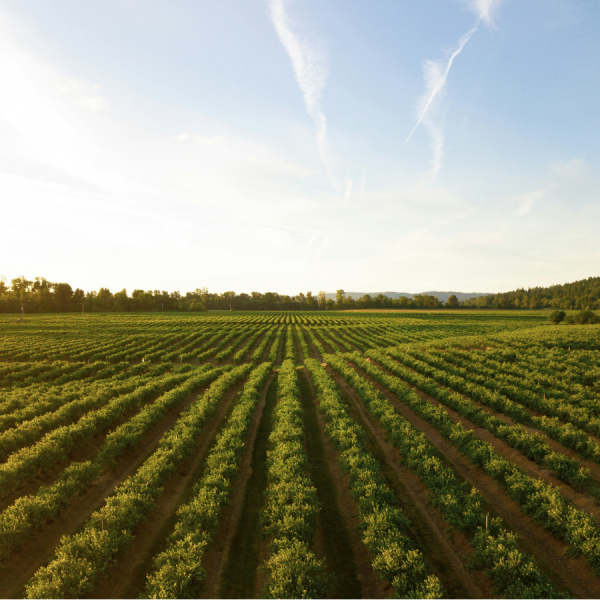
Aug 29, 2024
Research teams receive $1.1 million to study microbiomes in agriculture
Two Penn State-led research teams have received funding from the U.S. Department of Agriculture’s National Institute of Food and Agriculture for projects investigating the ways microbiomes — the microorganisms in a particular environment, such as in soil or a living organism — can affect disease dynamics in agriculture.
Full Article

Aug 01, 2024
How duplicated genomes helped grasses diversify and thrive
Grasses cover about 40% of the Earth’s land surface, thriving in a multitude of environments. The evolutionary success of this plant family, which includes rice, maize, wheat and bamboo, likely results from a history of whole-genome duplications, according to a new analysis led by Penn State biologists.
Full Article
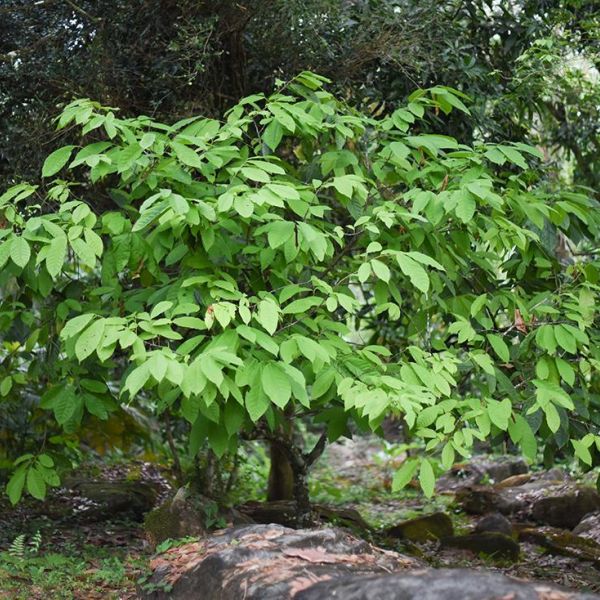
Jun 27, 2024
Researchers compile Cacao Gene Atlas to help plant breeders boost chocolate tree
A team led by researchers at Penn State has created a genetic information resource to help plant breeders develop resistant strains of cacao that can be grown sustainably in its native Amazon and elsewhere, such as the tropical latitudes of Central and South America, the Caribbean, Africa and Asia.
Full Article
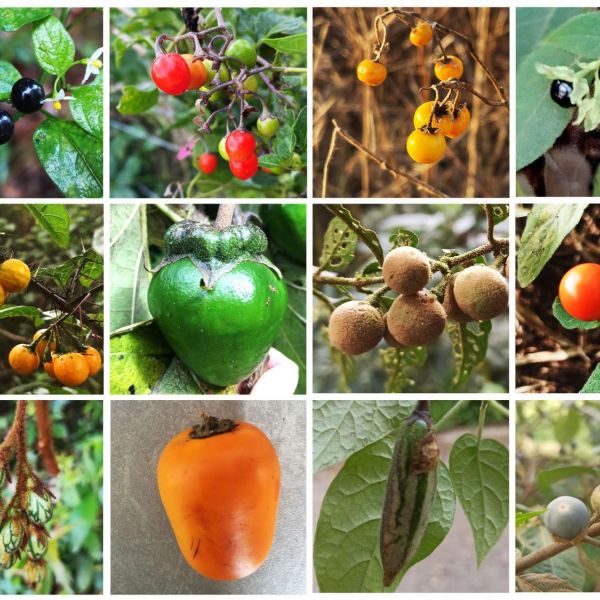
Jun 20, 2024
New tomato, potato family tree shows that fruit color and size evolved together
Fruits of Solanum plants, a group in the nightshade family, are incredibly diverse, ranging from sizable red tomatoes and purple eggplants to the poisonous green berries on potato plants. A new and improved family tree of this group, produced by an international team led by researchers at Penn State, helps explain the striking diversity of fruit colors and sizes and how they might have evolved.
Full Article

Jun 07, 2024
Guiltinan named director of the Penn State Plant Institute
Mark Guiltinan, professor of plant molecular biology and J. Franklin Styer Professor of Horticultural Botany, has been named director of the Penn State Plant Institute.
Full Article

May 08, 2024
Why is breaking down plant material for biofuels so slow?
Breaking down cellulose for biofuel is slow and inefficient but could avoid concerns around using a food source while taking advantage of abundant plant materials that might otherwise go to waste. New research led by Penn State investigators has revealed how several molecular roadblocks slow this process.
Full Article
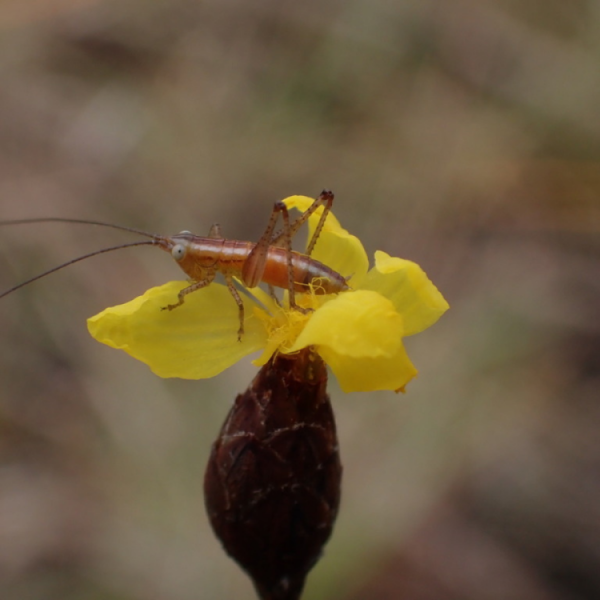
Apr 16, 2024
Yellow-eyed grasses may have more insect visitors than previously thought
Scientists previously believed that a family of flowering plants called yellow-eyed grasses didn’t attract many insect visitors, but the recent discovery of a fungus that hijacks the plant and forms fungal “pseudoflowers” has researchers rethinking this assumption.
Full Article
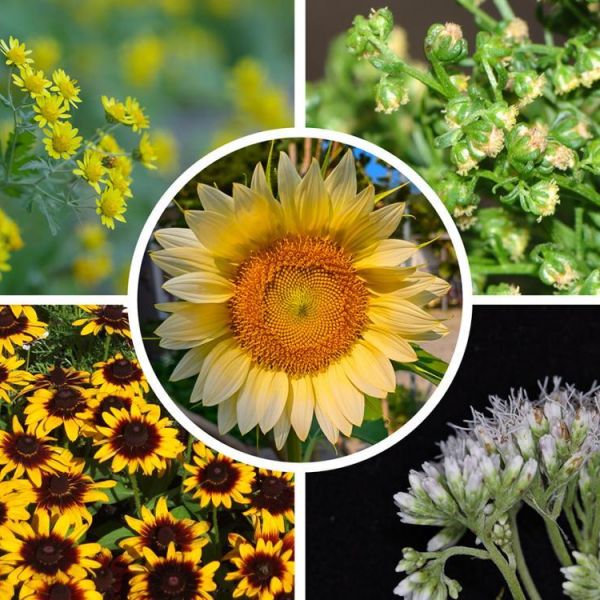
Apr 04, 2024
New sunflower family tree reveals multiple origins of flower symmetry
The sunflower family tree revealed that flower symmetry evolved multiple times independently, a process called convergent evolution, among the members of this large plant family, according to a new analysis.
Full Article
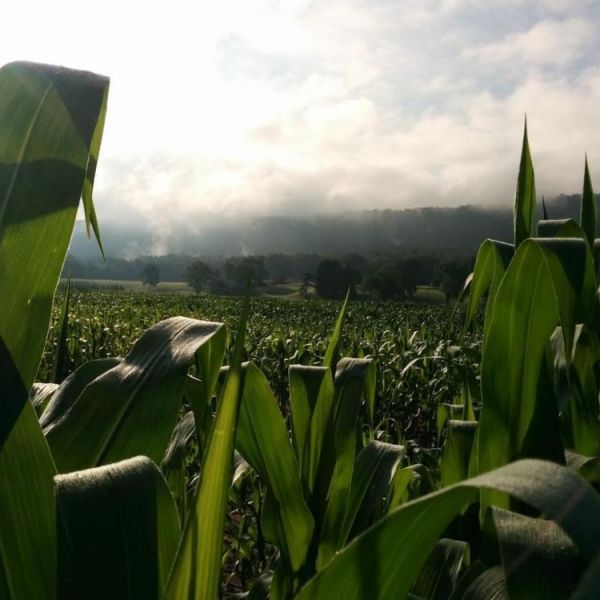
Mar 20, 2024
Novel method to measure root depth may lead to more resilient crops
As climate change worsens global drought conditions, hindering crop production, the search for ways to capture and store atmospheric carbon causing the phenomenon has intensified.
Full Article
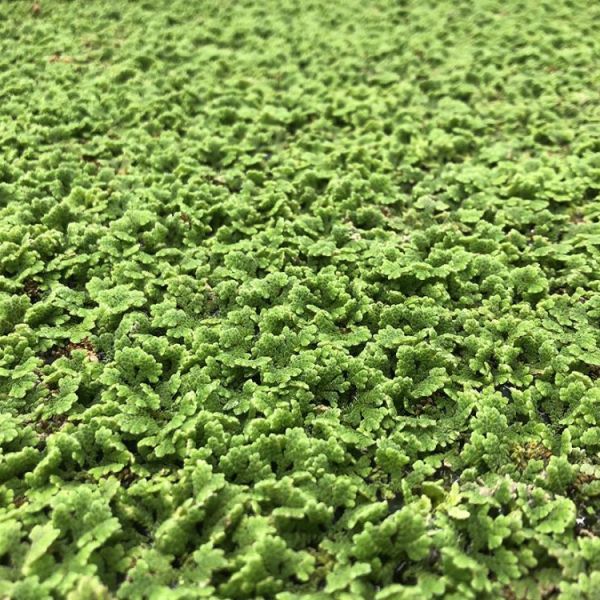
Feb 16, 2024
Common plant could help reduce food insecurity, researchers find
Fast-growing aquatic fern has the nutritional content to serve as a potentially vital food source after a catastrophe and could be relevant now
Full Article